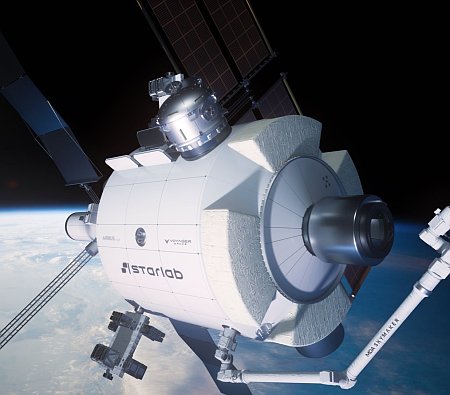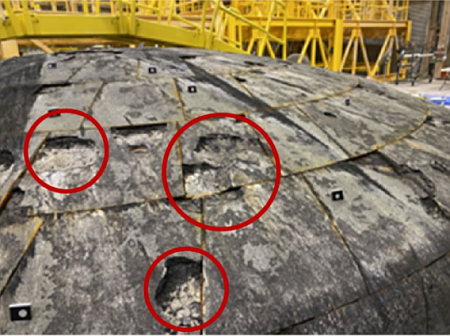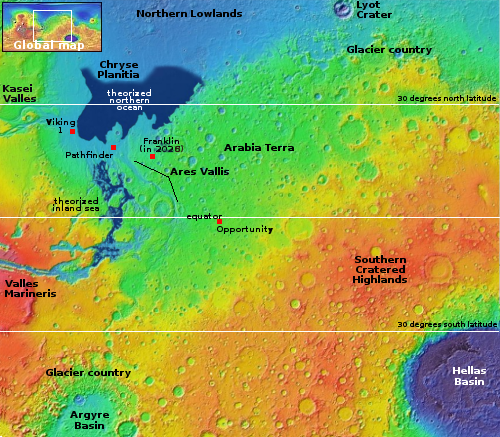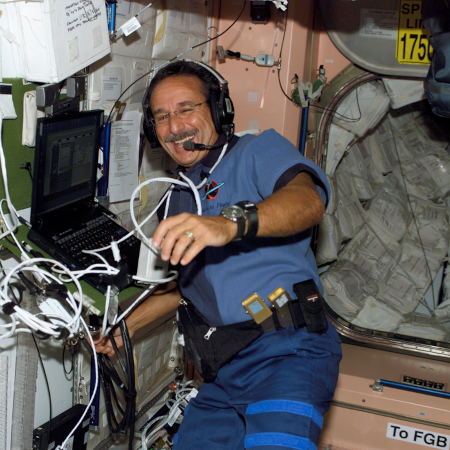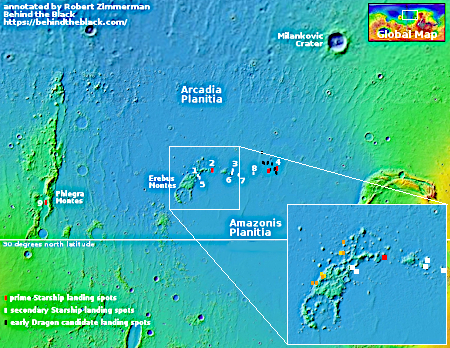NASA and Department of Energy agree to place nuclear reactor on Moon by ’30
NASA and Department of Energy have signed an agreement to develop nuclear power stations for NASA lunar base, and are targeting 2030 for placing a nuclear reactor on Moon.
NASA, along with the U.S. Department of Energy (DOE), announced Tuesday a renewed commitment to their longstanding partnership to support the research and development of a fission surface power system for use on the Moon under the Artemis campaign and future NASA missions to Mars.
A recently signed memorandum of understanding between the agencies solidifies this collaboration and advances President Trump’s vision of American space superiority by deploying nuclear reactors on the Moon and in orbit, including the development of a lunar surface reactor by 2030. This effort ensures the United States leads the world in space exploration and commerce. [emphasis mine]
Wanna bet? I’m laying odds that this joint government effort will end up being delayed and overbudget. In fact, the highlighted phrase suggests this work is already experiencing delays and budget overruns. Why else make a big deal about “a renewed commitment”?
NASA and Department of Energy have signed an agreement to develop nuclear power stations for NASA lunar base, and are targeting 2030 for placing a nuclear reactor on Moon.
NASA, along with the U.S. Department of Energy (DOE), announced Tuesday a renewed commitment to their longstanding partnership to support the research and development of a fission surface power system for use on the Moon under the Artemis campaign and future NASA missions to Mars.
A recently signed memorandum of understanding between the agencies solidifies this collaboration and advances President Trump’s vision of American space superiority by deploying nuclear reactors on the Moon and in orbit, including the development of a lunar surface reactor by 2030. This effort ensures the United States leads the world in space exploration and commerce. [emphasis mine]
Wanna bet? I’m laying odds that this joint government effort will end up being delayed and overbudget. In fact, the highlighted phrase suggests this work is already experiencing delays and budget overruns. Why else make a big deal about “a renewed commitment”?





